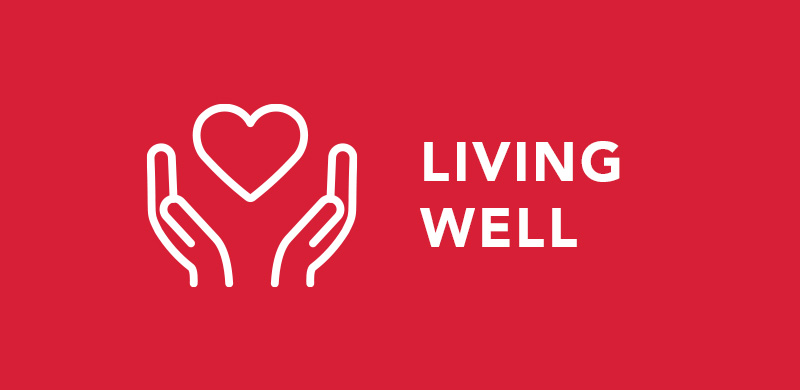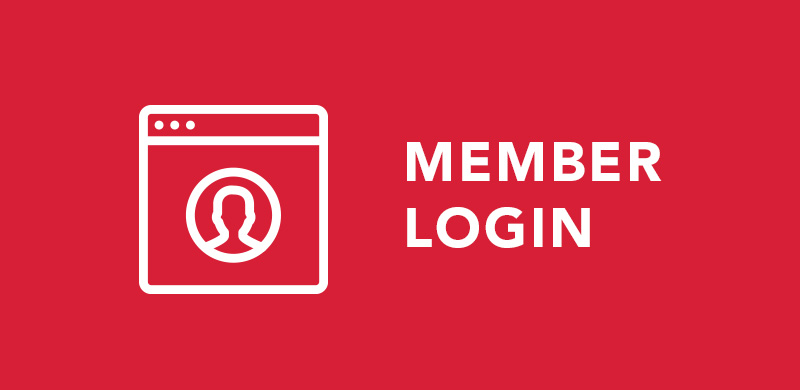
Published January 2022
Work stress is at an all-time high, fueled in large part by pandemic-related labor shortages. As a result, many employees face a unique set of challenges including longer hours and heavier workloads, all while toggling between in-office, remote and hybrid work models. This has ultimately led to an imbalance between work and free time, feelings of burnout and concerns with mental health across all levels of an organization’s workforce.
While some individuals experiencing burnout are in official leadership roles, others may instead find themselves taking on leadership-like duties without the formal title to match. Because when it comes to leadership in the workplace, it’s more than a title; it’s a responsibility shared by many to keep an organization running smoothly. However, for “informal leaders,” the stress and mental load can be especially overwhelming in comparison to their superiors, as their efforts often go unrecognized.
Learn More >> Find behavioral health topics & resources
What defines an informal leader?
An informal leader does not hold a formal position of power or authority, yet is still someone others pay attention to or listen to within an organization. The extra responsibilities informal leaders take on are often unacknowledged yet essential to workplace operations — for instance, the planning that goes into completing a project or goal. Informal leadership doesn’t just take place at work, either. It can also occur within a household, classroom or social setting.
How do you know if you’re an informal leader at your workplace? Consider these questions:
• Do I find myself taking on tasks outside of my role for the betterment of my team or organization?
• Do I help manage interpersonal issues that arise among others?
• Do I mentor those around me or easily connect with people across the organization?
Unlike formal leaders, informal leaders lack the authority to reward or discipline their peers. Some researchers believe informal leaders exhibit “authentic leadership” attributes, as they rely on their own capabilities to influence or problem-solve instead of titles. Informal leaders typically have strong interpersonal skills and possess an extensive knowledge of company operations and project protocols, making them the go-to person among their peers. Though not usually acknowledged or supported to the same degree as leaders with high-ranking titles, informal leaders are the glue that holds organizations together.
Tips for recognizing mental overload.
Stress in the workplace happens for employees at all levels. However, informal leaders can easily feel burnt out with the extra work they take on. While it’s typically a task they choose to take on for the benefit of their team or organization, it’s ultimately work that they don’t receive the same level of support for that a formal leader usually would. Maintaining this informal leadership status over time can be mentally exhausting.
Mental load, which is the cognitive effort required to manage a task, affects employees, parents, spouses, caregivers, and peers alike. It’s the step before action is taken, the “invisible work” or intangible thought process: Who should present which slides for the meeting? The wrong item was delivered for today’s event; now what? Do we need more milk at the store? Who is handling the carpool this week? It’s an internal laundry list of questions that doesn’t stop when your workday ends. Determining what tasks require more focus and which ones have automatic solutions is also part of mental load. When you have more work than you have time to process that work, that’s when mental overload can occur, according to Karoline Evans, who holds a doctorate in organizational behavior and is an assistant professor at the Manning School of Business at the University of Massachusetts, Lowell.
For informal leaders or any employee feeling mentally overloaded, Evans suggests starting with self-reflection: Am I starting to miss deadlines? Do I feel physically exhausted? Am I bored? Am I avoiding tasks? She notes that surrounding peers can also reflect your own emotional state, so pay attention to those seeming stressed, avoidant or having trouble with workloads. Recognizing what behaviors are happening allows you to better problem-solve for next time. Is more support available so you don’t have to work a 12-hour day? Or maybe you can be more deliberate in your planning process next time for smoother results.
Overcoming mental overload.
While learning from past experiences is helpful, preventing or mitigating mental overload is the goal — and achieving that goal starts with managing individual mental health.
“There’s a reason that leaders or CEOs always talk about how they make time to exercise,” says Evans. In order to be more proactive with your well-being, consider some of the basics: exercise, regular sleep and meditation. If you’re looking for a place to start, Harvard Pilgrim Health Care offers virtual fitness classes and guided meditation sessions through the Living Well Everyday program (available and free to all). Evans also suggests a healthy separation from work, as well as confiding in someone who understands your work challenges, such as a trusted peer or friend.
For employers looking to better support the well-being of their employees, invest in company culture:
1. Get involved. Maintain an open dialogue with your employees on their successes and pain points.
2. Encourage use of PTO and offer company-wide mental health days.
3. Allow flexibility for where and when your employees get their work done.
4. Consider a health benefits package with comprehensive mental health offerings.
And with informal leaders specifically, employers and formal leaders should focus on fostering those relationships and building trust. Support informal leaders through mentoring, lessening their workloads when possible, and allowing them to make more decisions on their own.
Learn More >> Find a health care provider
Whether informal or formal leaders, employees or otherwise, when you’re feeling mentally overloaded, it can be draining — which is why it’s crucial to support your well-being. For those seeking additional mental health care, consider these professional and self-care options. And when it comes to your health plan, Harvard Pilgrim and Tufts Health Plan have you covered with a wide variety of mental health benefits to choose from.
To confirm eligibility for any programs or services mentioned in this article as it relates to your specific health plan, please reach out to your account executive or HR benefits team. You may also speak to our member services team at (888)-333-4742 or by sending a secure email. And for plan details and other member resources, log in to the member portal.


